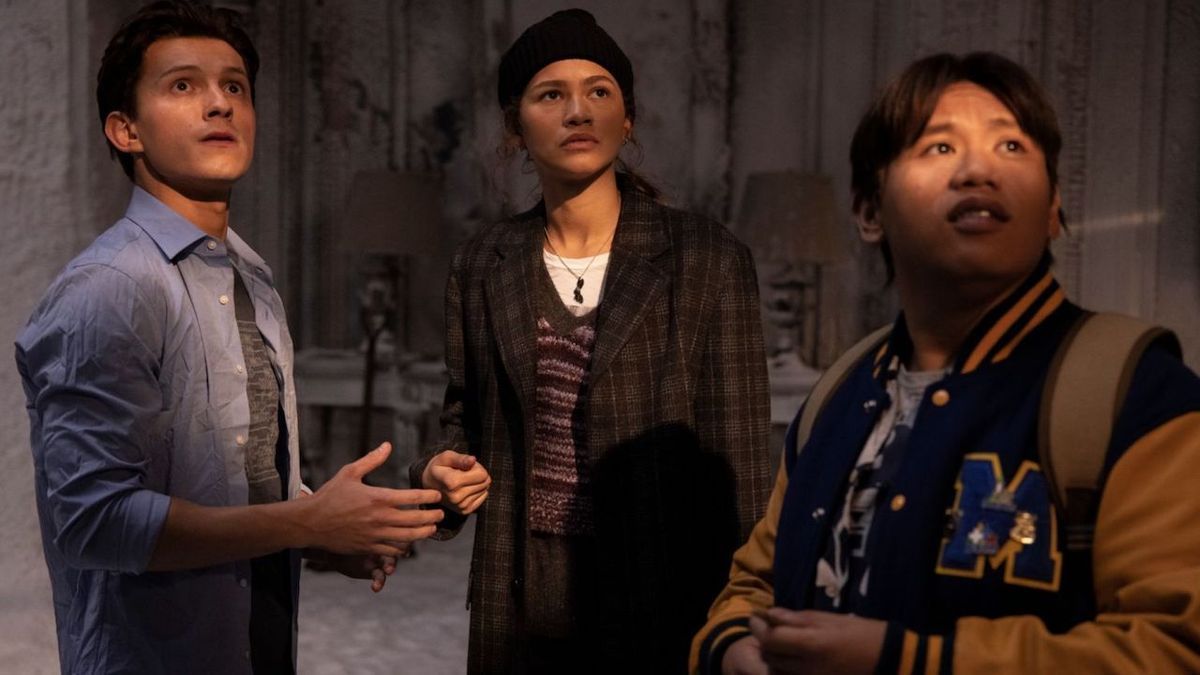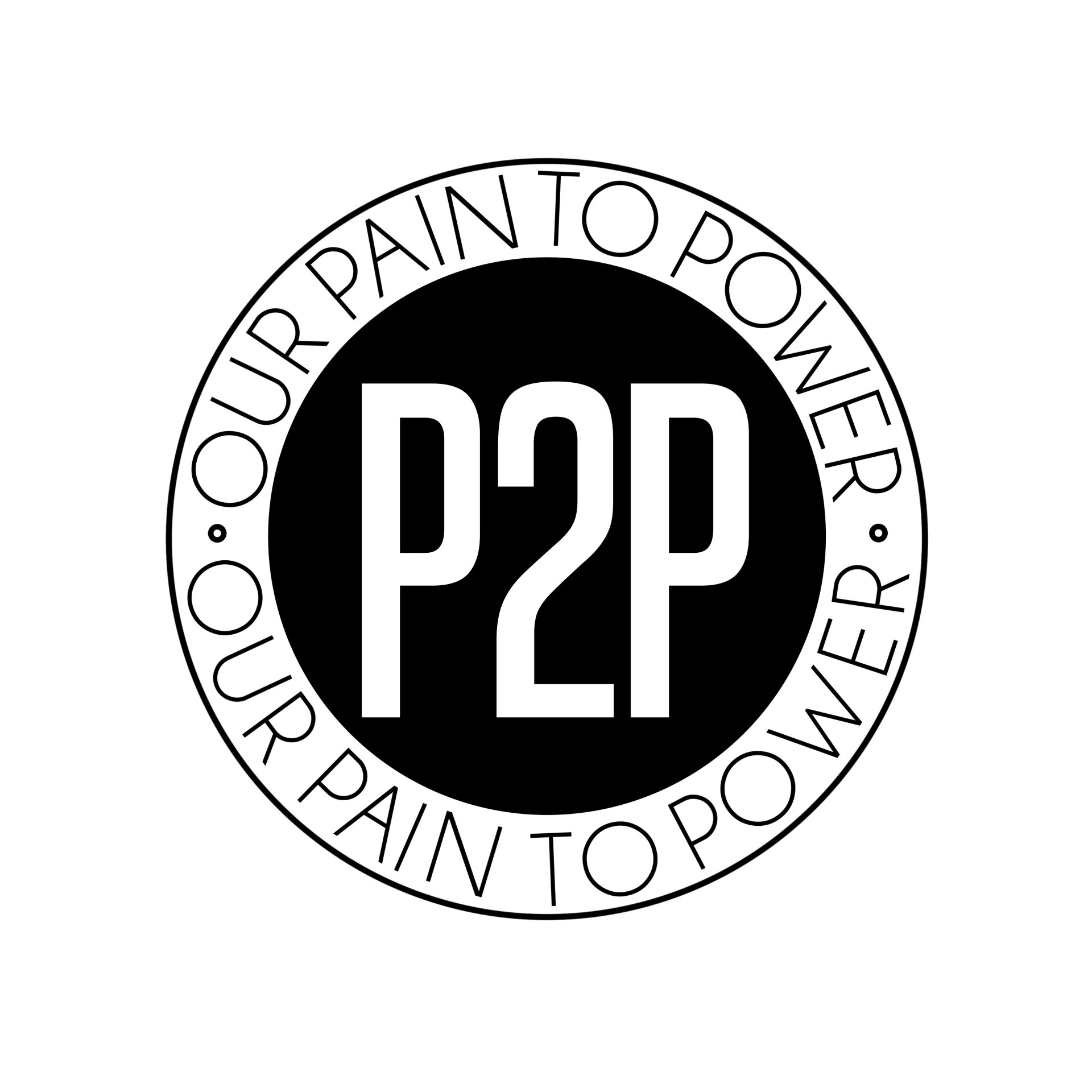Spider Man - No way home
Can we really juggle our identities?
About a month ago, on the 15th of December, Spider-Man: No Way Home premiered in the UK. The movie, third in its trilogy, showed us Peter Parker trying to juggle his now public persona of Peter Parker with who he represents as Spider-Man – or rather, who he was taught from his Aunt May (and possibly his Uncle Ben) - that he represents, as Spider-Man.
None of us are superheroes in the technical definition of the term (right?), and none of us has had to decide whether we should help a villain who has multiple personality disorder to get rid of his second evil personality or send him back to his regular timeline to die (right?!), but identity? How do we balance our identities?
That's something that most – if not all – of us are familiar with. How often have we read 'who are you?' at the beginning of an application or an interview, or been asked the same question when meeting new people? And how many of us just had a moment of panic when the question was asked because there is no one answer that we can use every time we are asked? I'd say too many times.
No Way Home ends with Spider-Man continuing to exist while 'Peter Parker' is erased from the minds of everyone he knows and loves, but real life is not that easy. Ordinary people don't have a handsome sorcerer living in the neighbourhood willing to do us a favour (right?).
So how do we cope with trying to juggle who we are? How do we cope with trying to understand who we are? I'd love to give you an answer. I'd love to have an answer. But, truth to be told, there is no answer for this. Which sort of sucks.
We can only do one thing: acknowledge that each part of our identity is what makes us whole. Because we are not one thing, we are not one character trait: we are multidimensional beings with multiple facets, attributes, and flaws, and while embracing them all will take most of our lives for many, accepting them will take less.
In the end, the world might have forgotten Peter Parker, but he's still there: sitting inside the Spider-Man suit.



